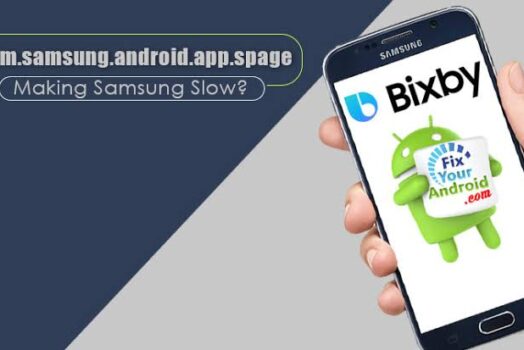In today’s digital age, having a business app can significantly boost your brand’s visibility and connect you with a wider audience. However, simply creating an app and releasing it into the market is not enough to ensure its success. To maximize its potential and make a lasting impact, proper planning and preparation are essential.
Before unveiling your business app, there are several key steps you should take to ensure a successful launch. Let’s explore what you need to do before unveiling your business app.
1. Define Your Objectives
Before developing your app, it’s crucial to define clear objectives for its purpose and functionality. Consider what problems your app will solve for your target audience and how it will provide value to them. This will help guide the development process and ensure that your app aligns with your business goals.
2. Conduct Market Research
Understanding your target market is essential for any successful business venture, and launching an app is no exception. Conduct thorough market research to identify your audience’s preferences, needs, and pain points. This will help you tailor your app to their specific requirements and create a user experience that resonates with them.
3. Create a Solid Marketing Strategy
A well-planned marketing strategy is crucial for generating buzz and creating anticipation for your app. Develop a comprehensive marketing plan that includes pre-launch activities such as teaser campaigns, social media promotions, and influencer partnerships. Leverage various channels to build excitement and create awareness about your upcoming app.
4. Test and Refine
Before unveiling your app to the public, it’s essential to thoroughly test it to ensure a seamless user experience. Testing is to ensure the quality, functionality, performance, and usability of mobile applications across different devices, platforms, and network conditions.
Conduct extensive mobile testing through a platform that simplifies the testing process, enhances efficiency, and improves the quality of mobile apps. Use the results to identify and fix any bugs, glitches, or usability issues. Iteratively refine your app until it meets the highest standards of functionality and usability.
5. Focus on User Onboarding
A great app not only functions well but also offers a seamless onboarding experience for new users. Design intuitive and user-friendly onboarding processes that guide users through the app’s features and functionalities. Provide clear instructions, interactive tutorials, and tooltips to help users navigate and understand your app easily. Remember, a positive onboarding experience can significantly impact user retention.
6. Invest in User Support
Offering reliable customer support is essential for maintaining user satisfaction and loyalty. Anticipate potential user queries and provide comprehensive support through various channels, such as in-app chat support, email, or phone. Address user concerns promptly and offer solutions to their problems. This will build trust and credibility for your brand, making users more likely to recommend your app to others.
7. Establish Analytics and Tracking
Implement robust analytics and tracking mechanisms to monitor app performance and user behavior. Track key metrics such as user engagement, retention rates, conversion rates, and user feedback. Analyze the data to gain valuable insights into user preferences, identify areas for improvement, and make data-driven decisions to enhance your app’s performance.
8. Plan for Post-Launch Marketing:
Your app’s launch is just the beginning of its journey. Plan for post-launch marketing strategies to sustain user engagement and drive ongoing growth. Continuously evaluate and optimize your marketing efforts, leverage user feedback to make improvements, and explore new opportunities to expand your app’s reach.
That’s A Wrap
Launching a business app requires careful planning, preparation, and execution. By defining clear objectives, conducting market research, refining your app’s performance, and investing in user support, you can create a successful app that resonates with your target audience. Remember, the launch is just the starting point and continuous improvement and marketing efforts are crucial for long-term success.


